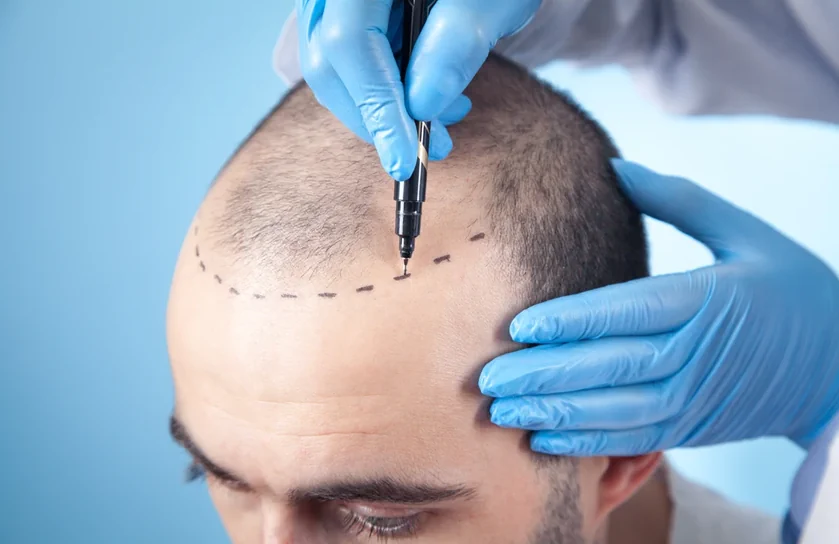
To treat hair loss, the root cause of your hair loss needs to be identified and addressed with the correct treatment. Hair loss is a common issue today. According to the American Academy of Dermatology, over 50% of men and women will experience some form of hair loss at some point in their lives.
Hair loss is not an easy condition to treat. The causes can range from genetics to illness and even medications or natural therapies such as herbs and vitamins. While many different treatments are available for hair loss, the results vary depending on the person.
Here are various hair loss treatments and how they affect hair loss;
Hair transplant
A hair transplant is the most permanent hair loss treatment option. It involves surgically removing a portion of the head’s hair and then placing it in another part of the scalp to grow back naturally. The transplanted hair follicles are usually harvested from a strip of scalp that has been removed in a previous procedure, such as a punch graft or microstrip surgery. The best hair transplant method has several advantages over other types of hair loss treatments because it can provide an extension to your existing hairline, allowing you to achieve a more natural appearance. It also offers greater security as there are no side effects associated with this procedure that can later lead to further complications related to thinning or baldness.
Hair transplantation can also be performed on your beards. You just need to know the beard transplantation cost to determine if you can afford it.
Minoxidil (Rogaine®)
Minoxidil is a topical medication that works by increasing blood flow to the scalp, which stimulates hair growth. It can be used in combination with other treatments for hair loss, such as oral finasteride and dutasteride, or as a single treatment for male pattern baldness. If you’re using minoxidil on its own, it will stimulate new hair growth within 6-12 weeks.
Finasteride (Propecia®)
Finasteride is an orally administered drug that inhibits an enzyme five alpha-reductase, which converts testosterone into dihydrotestosterone (DHT). This reduces DHT levels in the scalp and slows down or stops further hair loss. Finasteride is FDA-approved to treat male pattern baldness in men only; women are not eligible to receive this medication as a treatment option for their hair loss. It reduces both new and existing bald spots on the scalp over time and lasts up to 2 years if taken regularly every day at bedtime.
Causes of Hair Loss
There are many causes of hair loss, including:
Hormonal changes (such as menopause)-Baldness can occur from any number of factors. It’s important to be aware of the specific causes to avoid over-the-counter remedies that have little or no effect on the problem and cause further complications.
Most people lose their hair due to genetic predisposition, stress and age.
Medications: Some medications can cause hair loss by blocking hair growth. For example, some antidepressants may lead to male pattern baldness in some people. In addition, some antibiotics can cause a temporary form of alopecia (hair loss).
Diet: Certain foods such as vitamin E deficiency or malnutrition may also lead to hair loss.
Dandruff: This is the most common cause of hair loss in men, especially those exposed to high dust levels, such as construction workers or farmers.
Key Takeaway
Hair loss is a common problem that affects men and women of all ages. It occurs when hair follicles become damaged or destroyed. When this happens, the hair shaft breaks off and falls out. The cause of hair loss can be genetic, hormonal, or either a combination of the two. If you are experiencing this problem, seek medical attention.
